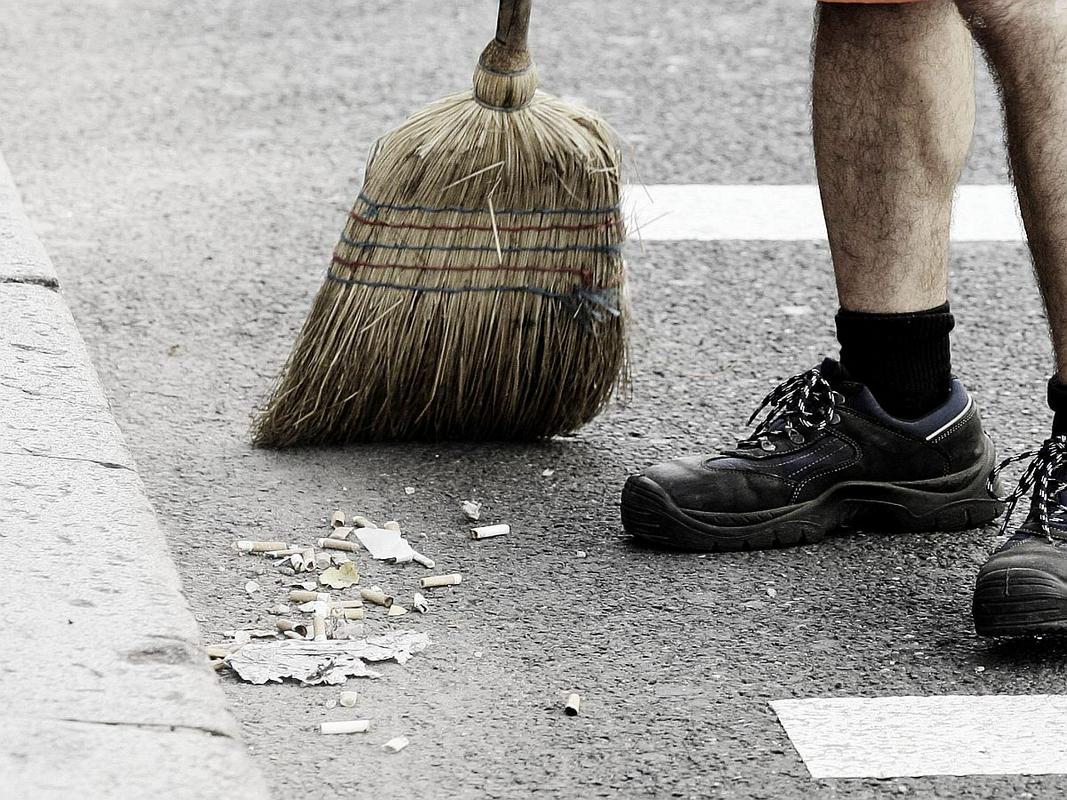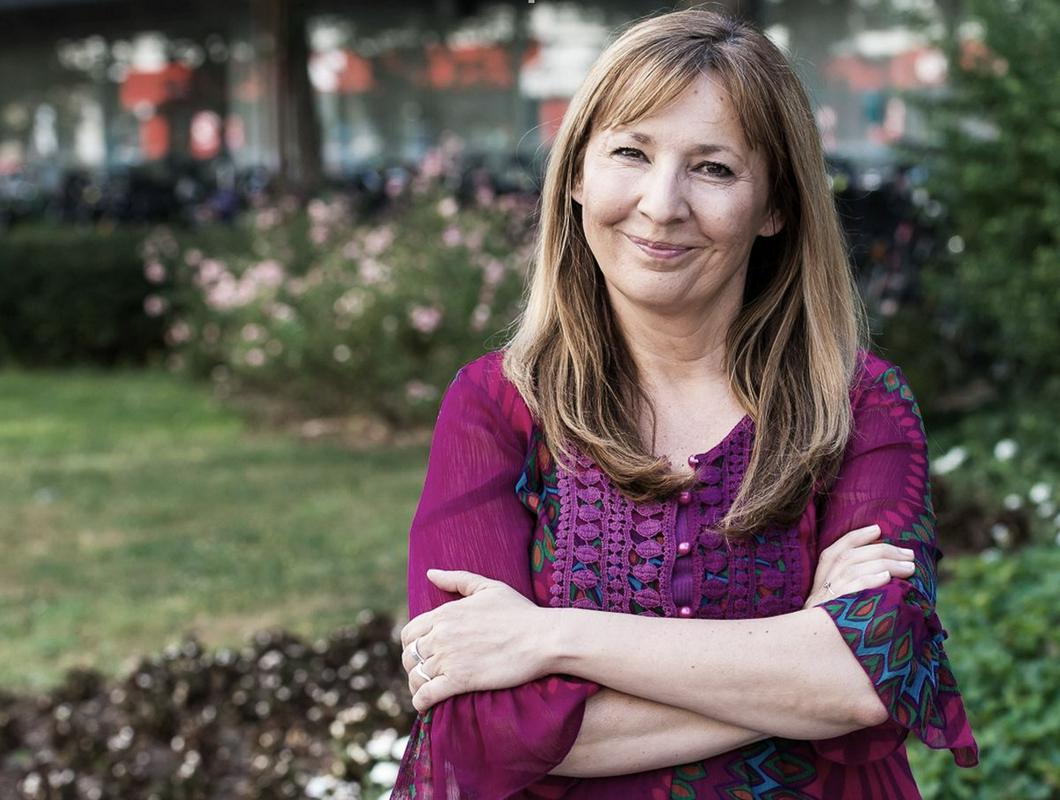

The new message arising from the result of negotiations with the public sector is unambiguous. The government closed one front, but simultaneously opened a new one - because it was too sincere in disclosing its weakness, and discord within the coalition. It is clear that in Cerar's government the conflict between (conditionally) social democrats and centre block is continuing, or to be more precise, between the interest groups within their network.
In the meantime the season of conventions, enclosures, and congresses has begun, bringing a kind of internal cleansing, which is the primary condition for resetting, and renovation of a party after a downward spin. The predictions were encouraging, the expectations great. But already the first attempts proved that rehabilitation of politics, as well as salvage of economy, will be a long-lasting and painful process.
The first to call the congress was the Civic List, or more precisely the remnants of the project for the elections-before-last, which initially even aimed at the position of the prime minister. The Civic List still remains, just as LDS, Zares, and PS, in a deep political coma. The president of the party Bojan Starman, who years ago occupied himself with salvaging companies in difficulties, suggested a practical solution - self-abolition. It would be a primarily symbolic gesture, the first in the Slovenian political history. A closure, which would also indicate the possibility of a new beginning. But Starman's initiative, as it happened before with Pavel Gantar's for Zares, was not accepted.
The Civic List remains a member of the European group of liberals, together with LDS, Zares and ZaAB. The parties from the political centre missed the last earnest attempt of survival even before the European elections, in spite of kind hints from Brussels. Only two months later, at the state assembly elections, they definitely disappeared behind the shadow thrown by the success of Miro Cerar's Party. The Civic List congress proved that they still haven't grasped the message given by their voters, which was quite clear, and their unwillingness for integration pushed them to the fringes.
The SDS convention hasn't brought any great changes either. The result was as expected. SDS is a large party, but inseparably connected with its president, as Janša's incarceration clearly confirmed. Therefore no other result was possible but the unanimous support to Janša. At the same time the speculations on creation of a new right-wing party, which would attract the SDS moderate wing, and occupy the empty place on the right centre, were at least temporarily paused. Janša closed ranks again, while the question on the future of the party, the number of whose voters is back to the number from 1996, remains unanswered.
NSi confirmed the politics of the young team through the convincing victory of Ljudmila Novak; the young, sheltered behind the president, patiently waiting for their opportunity. But not everything has been resolved within the party which has been trying to transform from the SDS radical satellite into a Slovenian version of the German Christian democrats. The conceptual differences between Novak and Aleš Hojs, who after all received one third of the votes, are great, and hard to overcome. They will resurface with a vengeance at discussions of ideological topics. In principle, parties can exist with different fractions, but in Slovenia such stories usually end with a big bang resulting in a black hole.
The direction NSi will take is clearer after their congress, but the epicentre of potential internal conflicts remains.
And finally SLS - the oldest Slovenian party with a strong local base, which pushed itself out of the Parliament by a number of wrong moves.Now it is practically beheaded, and paralyzed by fights among fractions.
The next to plan "turning point" congresses are SD and ZaAB, but it seems that no crucial transitions are to be expected in neither. Obviously the politics is cleansing itself, and changing, after the super-election year - but obviously with the sole purpose of keeping everything just as it was.


































































